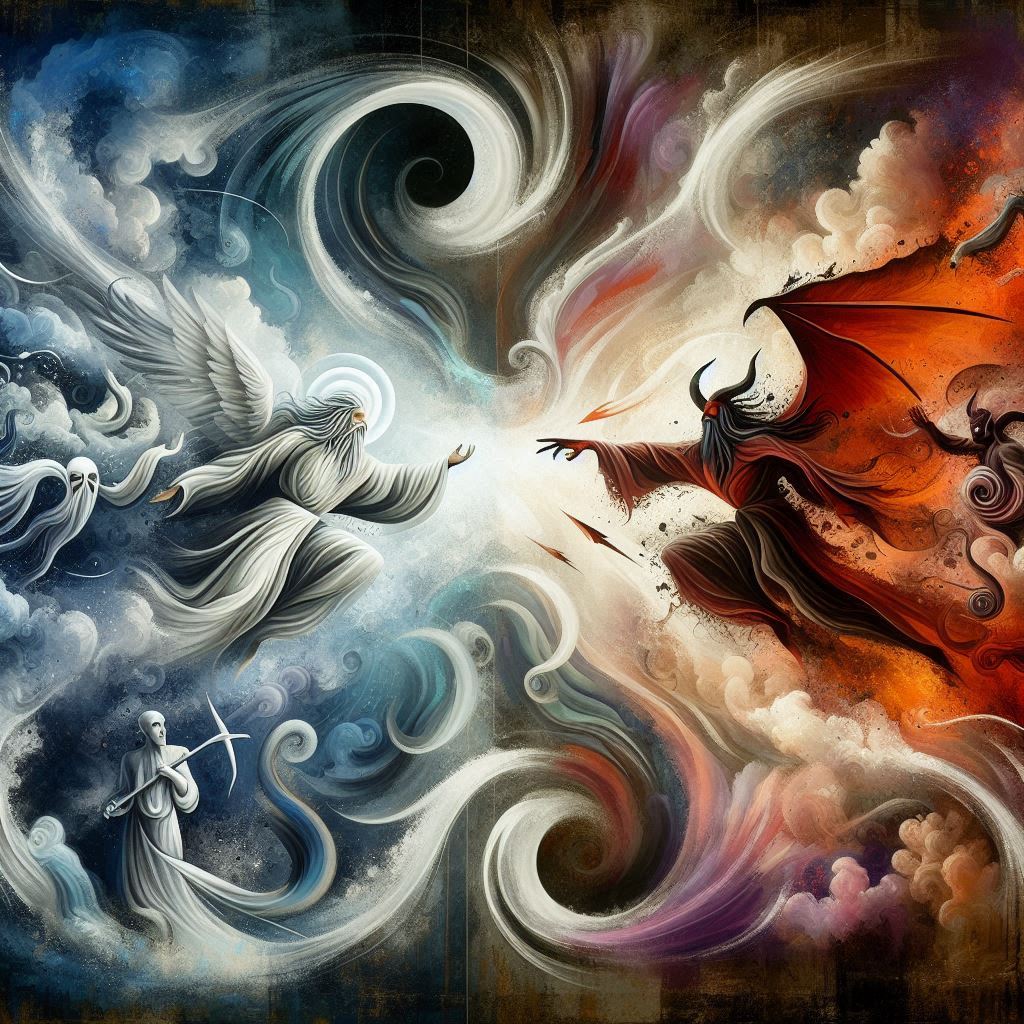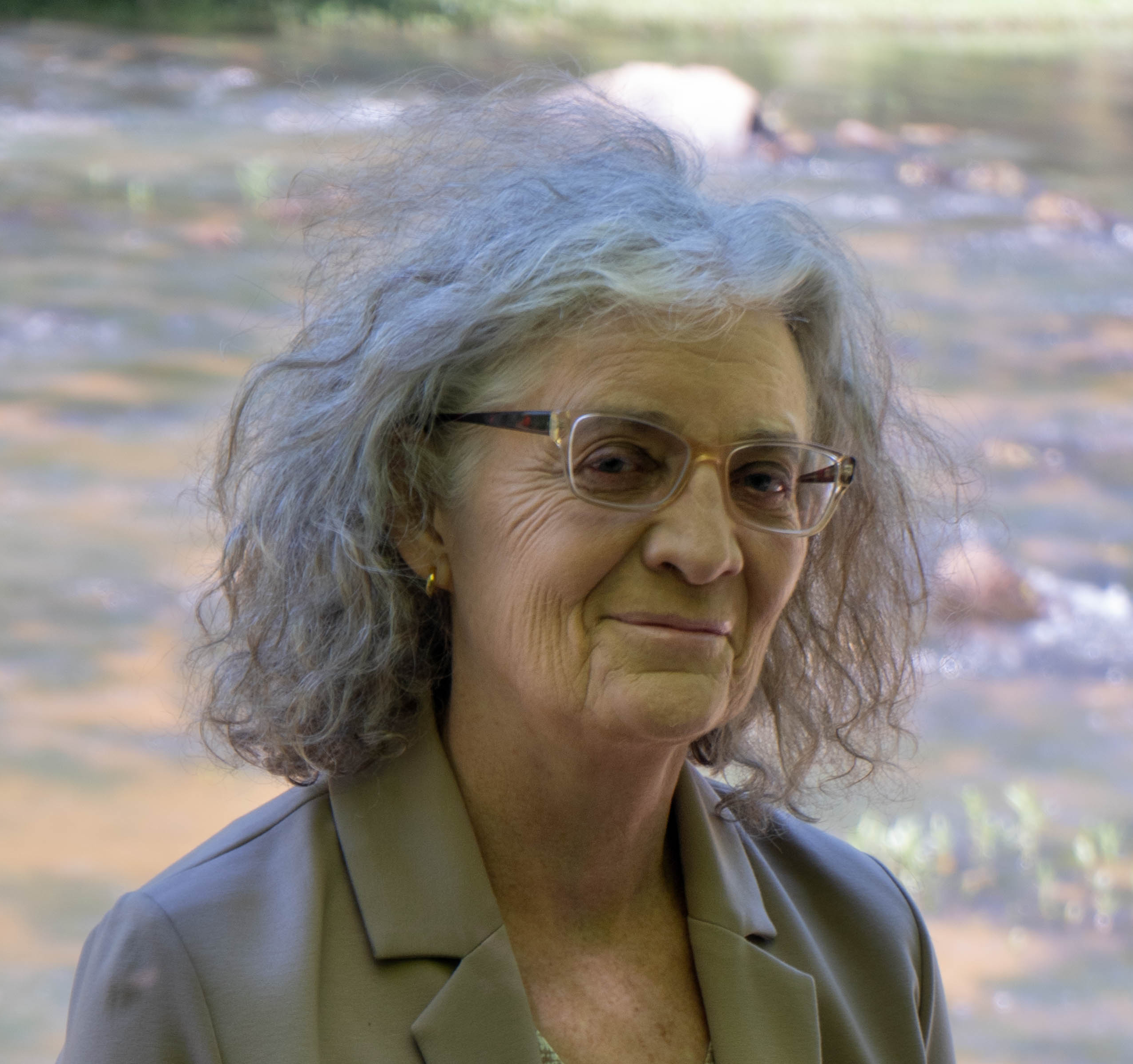
Prof Carol Apollonio – “God and the Devil are Fighting here, and the Battlefield is Human Souls”: Religion and Science in Dostoevsky’s The Brothers Karamazov
Fyodor Dostoevsky’s novels document a great struggle to justify religious faith in an age dominated by the secular sciences. His most famous characters—The Underground Man (Notes from Underground, 1864), Raskolnikov (Crime and Punishment, 1866), and Ivan Karamazov (The Brothers Karamazov, 1880), are trapped within a vicious cycle of rational thinking that keeps them from experiencing the transcendent divine. The logical mind must necessarily fall short. This presentation proposes reading The Brothers Karamazov “apophatically”—that is, with the understanding that any attempt to define God in fallen, human language is impossible. Whatever characters say leads away from revelation. Those who cling to logic and to secular language find themselves in the hell of, as Father Zosima in The Brothers Karamazov calls it, “being unable to love.” In Dostoevsky’s novel, not only logic, and not only human language, but also external appearances, deceive: those characters who manifest physical beauty, worldly success, and decorum turn out to harbor a devil within. Only by reading symbolically, probing below the surface of language, pondering what is not said, and seeking visual clues and “hidden quotations,” can we retrieve a message of faith and grace.
Such an approach finds meaning in the unspoken and entails a leap of faith. Embracing this “suspension of disbelief” exposes the superficiality of STEM and AI—which, like Dostoevsky’s characters, cling to logic and empiricism and as such deny revelation, mystery, and deeper, life-giving truths accessible only to HI (“Human Intelligence”).
This presentation will pay particular attention to Ivan Karamazov’s “poem” “The Grand Inquisitor”; the role of devils in the novel; and scenes that represent covert retellings of Biblical texts—notably the Book of Job and the Miracle at Cana.
CAROL APOLLONIO is Research Professor at Duke University, author, editor, and translator of books and articles on Russian nineteenth-century literature. Recent President of the International Dostoevsky Society (IDS: 2019 to 2023) and of the North American Dostoevsky Society (NADS: 2013 to 2019), she continues to serve on the Board of IDS as Honorary President. Her monograph Dostoevsky’s Secrets (2009) offers an “apophatic” reading of the writer’s hidden religious message; The New Russian Dostoevsky (2010) presents translations of the most significant Russian Dostoevsky scholarship. Recent books include Simply Chekhov, an introduction to the writer for general readers; and literary translations, including novels (The Mountain and the Wall, Bride and Groom and Offended Sensibilities), by Russian-Dagestani writer Alisa Ganieva. Formerly a contract conference interpreter of Russian for the US State Department, Carol also has translated fiction by Japanese author Kizaki Satoko. In 2019 she traveled across Siberia in quest of Russian classic writers, chronicling her adventures in the blog Chekhov’s Footprints. In 2022 she turned down a Dostoevsky Centennial medal from the Russian Ministry of Culture to protest the Russian invasion of Ukraine. In 2025 she received the Richard Stites Senior Scholar award by the Southern Conference on Slavic Studies.
Websites:
(Siberian blog) Chekhov’s Footprints
(Duke Chronicle opinion column) Apollonio’s Rants from the Podium
(academic profile) Apollonio: Scholars at Duke
Speaker
-
 Carol ApollonioResearch Professor at Duke University
Carol ApollonioResearch Professor at Duke UniversityAuthor, editor and translator of books and articles on Russian nineteenth-century literature
